Description:
NPK refers to nitrogen, phosphorus and potassium, which are composed of the first letter of their Latin names, and are usually used to indicate the nutrient ratio in compound fertilizers.Its nutrient characteristics are:Nitrogen is active and does not accumulate easily in the soil, so it needs to be applied frequently for nitrogen fertilizer. In addition to being absorbed by crops, phosphorus and potassium are mainly accumulated in the soil after being applied into the soil. Long-term large-scale application will gradually increase the soil nutrient content, thereby reducing the demand, and the proportion of phosphorus and potassium demand should be reduced. Therefore, nitrogen, phosphorus and potassium nutrient elements should be treated differently, for nitrogen, it is necessary to constantly regulate its content in the soil, for phosphorus and potassium to consider its fertilizer after-effect, pay attention to its accumulation in the soil to prevent excessive.
Application:
NPK compound fertilizer is a fertilizer composed of three main nutrients: nitrogen (N), phosphorus (P) and potassium (K). It is widely used, mainly in the field of agriculture:
1.Providing nutrients: NPK compound fertilizer can provide comprehensive nutrients for plants, including nitrogen to promote the growth of leaves and stems of plants, phosphorus to promote root development and the formation of flowers and fruits of plants, potassium to enhance the immunity and resistance of plants.
2.Increase yield: The correct use of NPK compound fertilizer can improve the yield and quality of crops. Different crops have different requirements for nutrients at the growth stage, so the ratio of compound fertilizer can be adjusted according to the needs of crops to achieve the best fertilization effect.
3.Regulating soil pH: Some NPK fertilizers contain acidic or alkaline components that can regulate the pH value of the soil. Acid compound fertilizer can reduce soil pH value, suitable for acid-loving crops such as strawberry, matsutake, etc. Alkaline compound fertilizer can increase the pH value of soil, which is suitable for alkali-loving crops such as peanuts and peach trees.
4.Improve the ability to resist pests and diseases: The appropriate application of NPK compound fertilizer can improve the immunity and resistance to pests and diseases of crops, and reduce the loss of crops by diseases and pests.
It is important to note that the correct amount and timing of fertilizer application is crucial to ensure the effective use of fertilizer and environmental protection. Farmers and agricultural experts should apply fertilizers according to the needs of specific crops and the condition of the soil to achieve the best results.
 call us :
call us :  send a message :
send a message : 









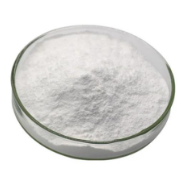
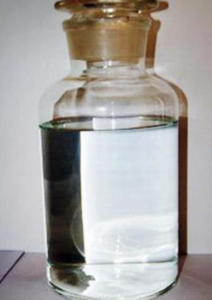
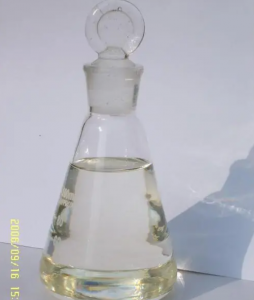


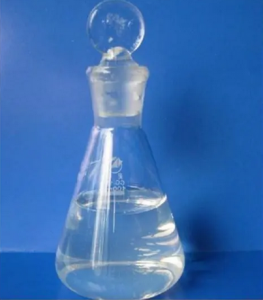

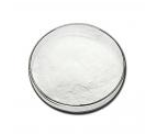




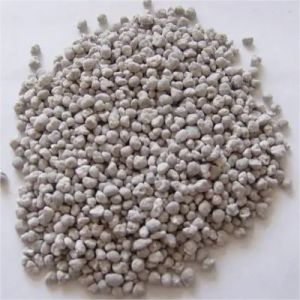





 online service
online service +8613866722531
+8613866722531

 +8613866722531
+8613866722531